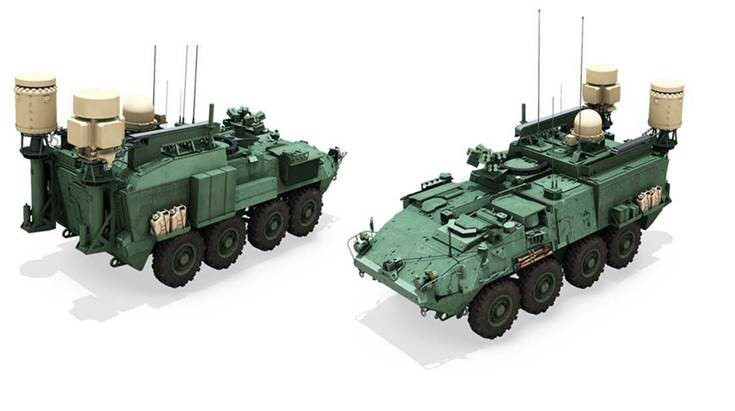The US Army has chosen Lockheed Martin, a renowned aerospace and defence company, to develop the Terrestrial Layer System (TLS) prototype as part of the Echelons Above Brigade (EAB) system. This decision marks a significant step forward in the Army’s modernization efforts and underscores Lockheed Martin’s expertise in delivering advanced military systems. In this blog post, we delve into the details of this selection and explore the potential impact of the TLS prototype on future Army operations.
The Importance of the Echelons Above Brigade System
The Echelons Above Brigade system is a critical component of the US Army’s modernization strategy. It aims to enhance the Army’s command and control capabilities by integrating advanced technologies and systems at higher echelons. The EAB system enables efficient decision-making, rapid communication, and synchronized operations across various levels of command.
Lockheed Martin’s Role in TLS Development
Lockheed Martin has been chosen by the US Army to develop the TLS prototype, a crucial element of the EAB system. With its extensive experience in defence technology and system integration, Lockheed Martin is well-positioned to deliver innovative solutions that meet the Army’s requirements. The company’s expertise in advanced communications, networking, and command systems will contribute to the successful development of the TLS prototype.

Advancing Command and Control Capabilities
The TLS prototype’s development represents a significant advancement in the Army’s command and control capabilities. By leveraging Lockheed Martin’s expertise, the Army aims to enhance communication, coordination, and situational awareness at higher echelons. The TLS will enable seamless information sharing, improved decision-making, and effective synchronization of operations across the Army’s command structure.
Enabling Enhanced Operational Efficiency
The TLS prototype holds the potential to significantly improve operational efficiency for the US Army. By integrating advanced technologies and systems, the TLS will streamline communication, facilitate real-time information exchange, and enable faster response times. These capabilities are vital for military operations, enabling commanders to make informed decisions and execute missions with precision and effectiveness.
Implications for Future Army Operations
Lockheed Martin’s development of the TLS prototype sets the stage for transformative changes in future Army operations. The enhanced command and control capabilities facilitated by the TLS will enable the Army to adapt to evolving threats, achieve mission objectives more efficiently, and maintain a competitive edge on the battlefield. The TLS represents a critical step toward achieving a more agile, networked, and effective Army.
Collaboration and Innovation in Defense Technology
The selection of Lockheed Martin for TLS development underscores the importance of collaboration between defence contractors and the military. The partnership between the US Army and Lockheed Martin fosters innovation, drawing on the expertise of both entities to develop cutting-edge solutions. This collaboration highlights the critical role of the defence industry in advancing military capabilities and supporting national security objectives.
Conclusion
The US Army’s selection of Lockheed Martin to develop the TLS prototype marks a significant milestone in the Army’s modernization efforts. The TLS will enhance the Army’s command and control capabilities at higher echelons, enabling improved communication, decision-making, and operational efficiency. Lockheed Martin’s expertise in defence technology and system integration positions them as a reliable partner in delivering innovative solutions for the Army’s modernization goals. The TLS prototype represents a crucial step forward in shaping the future of Army operations, enabling a more agile, networked, and effective force.

